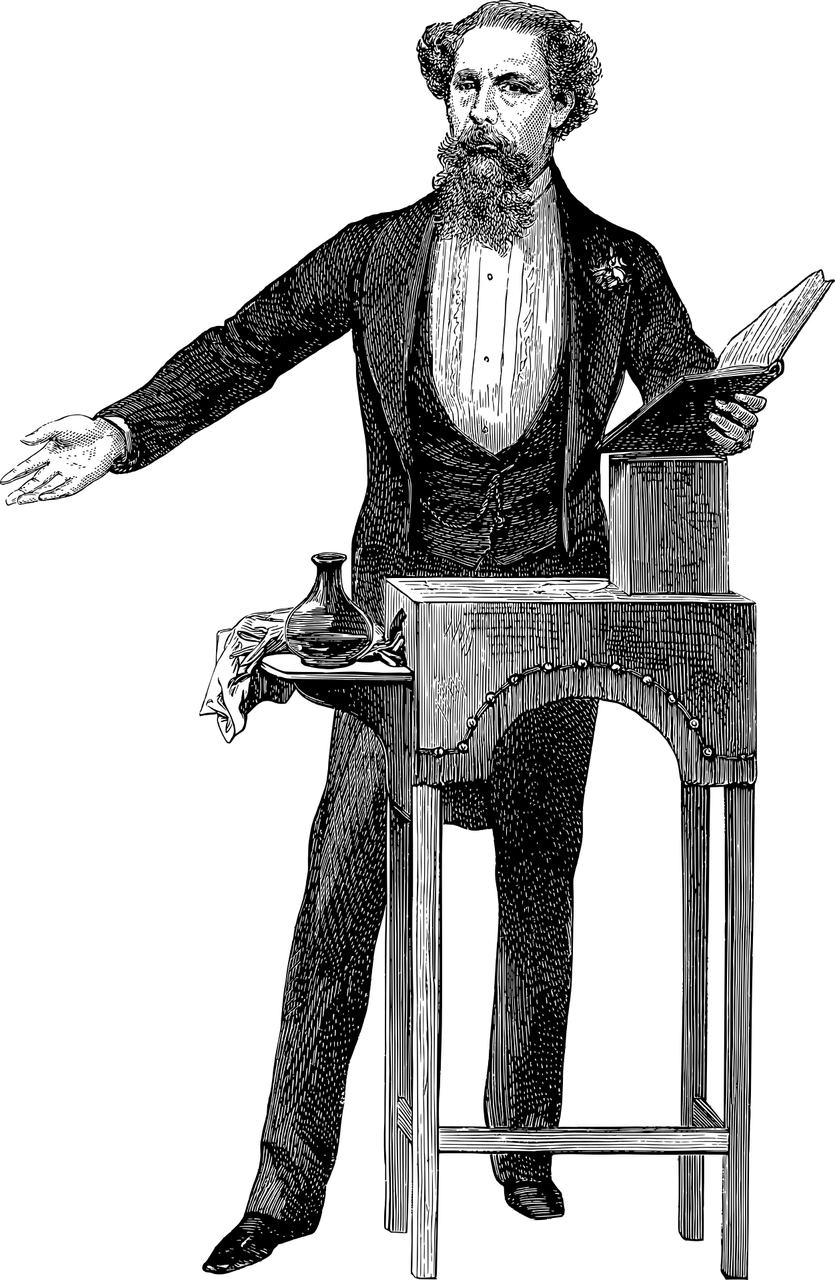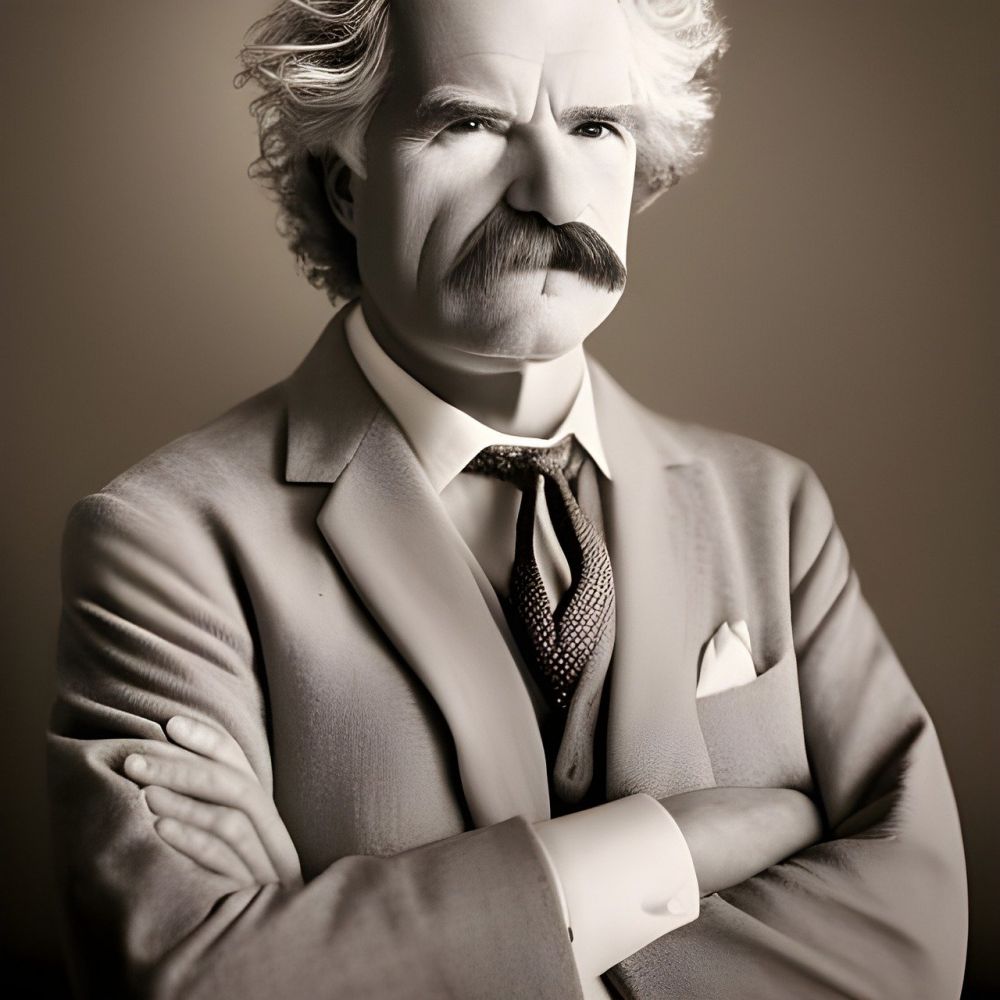George Orwells 1984 is a dystopian novel that has captivated readers since its publication in 1949

Set in a totalitarian regime ruled by Big Brother, the story follows protagonist Winston Smith, a low-ranking member of the Party who starts to question the government’s control over every aspect of people’s lives. As Winston rebels against the regime, Orwell paints a chilling picture of a society devoid of privacy, individuality, and free will.
In “1984,” Orwell introduces readers to a bleak and oppressive world where the Party monitors its citizens through telescreens, Thought Police, and constant surveillance. The novel explores themes of government manipulation, propaganda, and the dangers of totalitarianism. It serves as a warning against the abuse of power and the erosion of individual freedoms.
One of the key aspects to understand about “1984” is its relevance and impact in literature and popular culture. Orwell’s futuristic vision of a dystopian society has continued to resonate with readers over the decades. The novel has been widely studied in schools and universities, and its themes and ideas have influenced numerous works of fiction, film, and art.
Historical Background:
To fully appreciate the significance of “1984,” it is important to delve into the historical context in which Orwell wrote the novel. The mid-20th century was marked by political turmoil, with World War II just ending, and the rise of totalitarian regimes such as Nazi Germany and Soviet Russia. Orwell drew inspiration from these events and wrote “1984” as a critique of authoritarianism and totalitarianism.
Orwell’s personal experiences also played a role in shaping the novel. Having witnessed the rise of communism during the Spanish Civil War and being wary of government propaganda, Orwell wanted to expose the dangers of unchecked political power through his writing.
Development and Impact:

Upon its publication, “1984” received mixed reviews but gradually gained recognition as a literary masterpiece. Orwell’s prophetic vision of a surveillance state struck a chord with readers and critics who could see parallels between the fictional world of “1984” and the political realities of their own time.
Over the years, “1984” has become a cultural touchstone, with its ideas and concepts entering the collective consciousness. The term “Big Brother” is now synonymous with intrusive surveillance, and phrases such as “doublethink” and “thoughtcrime” have become part of the lexicon.
The novel’s impact extends beyond literature. It has been adapted into films, stage plays, and even serves as inspiration for music and art. Its themes have been explored in other works like Aldous Huxley’s “Brave New World” and Margaret Atwood’s “The Handmaid’s Tale,” further cementing its influence on the dystopian genre.
As society becomes increasingly interconnected and dependent on technology, the warnings of “1984” have become more relevant than ever. Orwell’s insights into propaganda, government control, and the manipulation of truth serve as a cautionary tale, reminding us of the importance of safeguarding our individuality, privacy, and freedom of thought.
In conclusion, George Orwell’s “1984” remains a powerful and thought-provoking novel that continues to resonate with readers today. Its exploration of totalitarianism, surveillance, and the erosion of individual freedoms serves as a timeless reminder of the dangers of unchecked power. Whether you are a literature enthusiast, a concerned citizen, or someone interested in the impact of dystopian fiction, “1984” is a must-read that will challenge and provoke thought long after you turn the final page.





